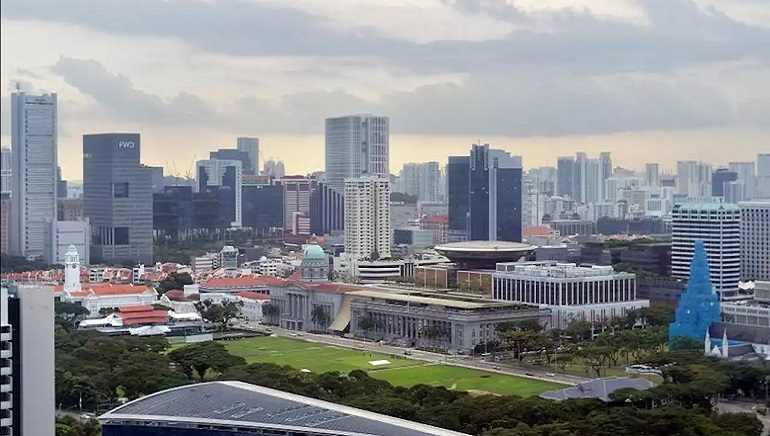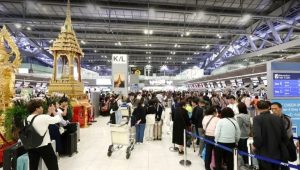Climate change and more intense and frequent weather events have been cited by Singaporeans as the top challenge facing the South-east Asian region in 2023. This meanwhile is different for their Asean counterparts, who suggest unemployment, inflation, a commodities crunch, and rising cost of living to be the biggest worries in the era of the Covid-19 pandemic.
The findings of the survey were published in the ISEAS – Yusof Ishak Institute’s The State of South-east Asia 2023 report. The survey results indicated that 59.5% of the 1,308 survey respondents polled across the 10 Asean member states ranked unemployment and economic recession as a more pressing concern than climate change – the second-biggest challenge at 57.1%. The widening of socio-economic gaps and rising income disparity is the third most tied challenge.
More than 60% of the Singaporean respondents called climate change the biggest problem, after the United States-China decoupling, and widening socio-economic gaps and income disparity. The respondents had people from academia, think-tanks, research groups, businesses, civil society, media and non-governmental organisations, besides governments.
A key finding was that 82.6% of the overall respondents saw Asean as a slow and ineffective body unable to cope with fluid political and economic developments, making it irrelevant in the new world order.















